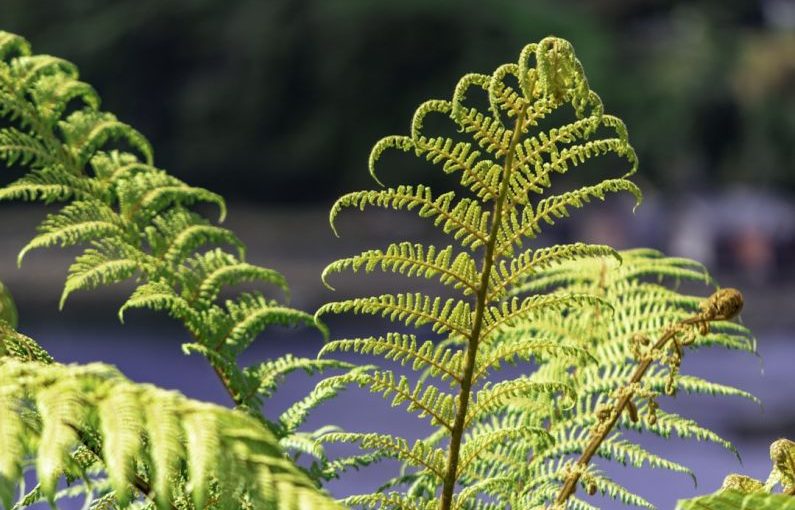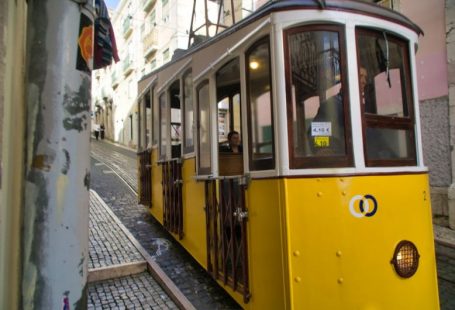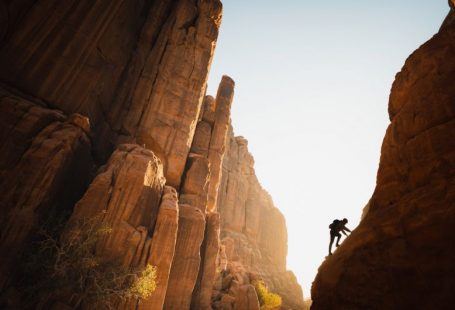The Rich and Vibrant Maori Culture of New Zealand
New Zealand, a land of breathtaking landscapes and diverse cultures, is home to the indigenous Maori people. The Maori culture is deeply rooted in the history and traditions of the land, and exploring it offers a fascinating glimpse into the unique heritage of this Pacific nation.
Origins and History
The Maori people are Polynesian settlers who arrived in New Zealand around the 13th century, making them the first inhabitants of the islands. Their rich oral tradition, known as whakapapa, tells stories of their migration across the Pacific Ocean and their connection to the land and nature.
The Maori culture is characterized by a strong sense of community and kinship, with extended families playing a central role in social structure. Traditional Maori society was organized into tribes, or iwi, each with its own leader and customs. These tribes often competed for resources and territory but also formed alliances through intermarriage and trade.
Language and Art
The Maori language, te reo Maori, is an integral part of the culture and is recognized as one of New Zealand’s official languages. Efforts to revitalize and preserve the language have been ongoing, with Maori language immersion schools and cultural programs playing a key role in its promotion.
Maori art is another prominent aspect of the culture, with intricate carvings and woven designs adorning traditional meeting houses, or marae. These artworks often depict ancestral stories and symbols, reflecting the spiritual beliefs and values of the Maori people. The art of ta moko, or traditional tattooing, is also a significant cultural practice, with each design carrying personal and tribal meanings.
Ceremonies and Rituals
Central to Maori culture are ceremonies and rituals that mark significant events and milestones in life. The powhiri, or traditional welcome ceremony, is performed to greet visitors and acknowledge their arrival on tribal land. It involves speeches, songs, and the sharing of food, symbolizing the building of relationships and connections.
Another important ceremony is the haka, a powerful and dynamic dance that is performed on various occasions, including welcoming ceremonies, funerals, and sporting events. The haka is a symbol of strength, pride, and identity for the Maori people, and its rhythmic chanting and synchronized movements are a mesmerizing display of cultural expression.
Spirituality and Beliefs
The Maori people have a deep spiritual connection to the natural world, with beliefs rooted in the concept of whakapapa, or genealogy. They see themselves as part of a larger cosmic order, where all living beings are interconnected and interdependent. The spiritual guardians of the Maori are the atua, or gods, who oversee different aspects of life and nature.
One of the most sacred Maori traditions is the tangi, or funeral ritual, which honors the deceased and guides their spirit to the afterlife. The tangi involves chanting, prayers, and mourning rituals that help the community come together to grieve and pay their respects.
Celebrations and Festivals
Throughout the year, the Maori people celebrate various festivals and events that showcase their culture and traditions. One of the most important festivals is Matariki, the Maori New Year, which marks the rising of the Pleiades star cluster and the beginning of a new cycle. Matariki is a time for reflection, renewal, and community gatherings, where people come together to share food, stories, and music.
Another popular event is Waitangi Day, which commemorates the signing of the Treaty of Waitangi between the Maori chiefs and the British Crown in 1840. This day is a public holiday in New Zealand and is marked by cultural performances, traditional ceremonies, and discussions about the ongoing impact of the treaty on Maori rights and sovereignty.
In Conclusion
Exploring the Maori culture of New Zealand offers a profound insight into the history, traditions, and values of this vibrant indigenous community. From their language and art to their ceremonies and beliefs, the Maori people have a rich and diverse cultural heritage that continues to thrive in the modern world. By embracing and honoring the Maori culture, New Zealand celebrates its unique identity and strengthens its connection to the land and its people.





